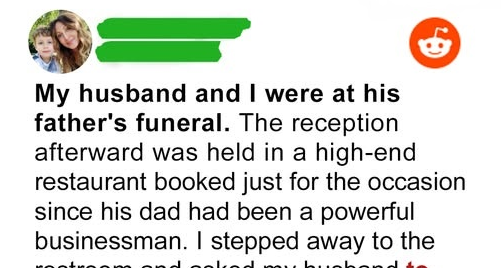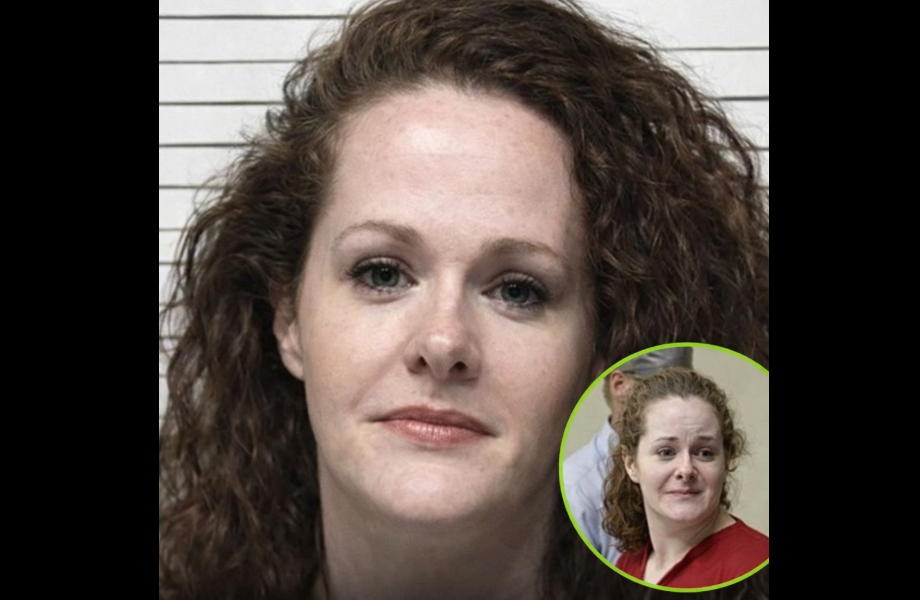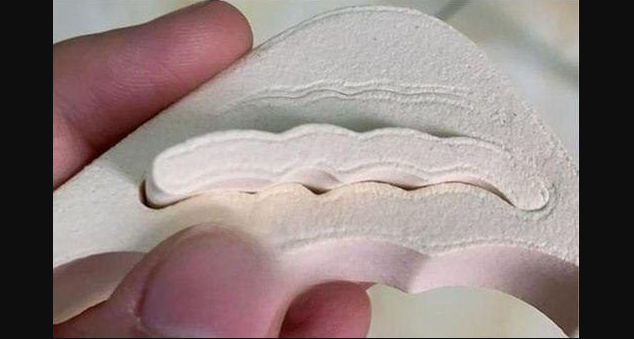At my father-in-law’s funeral, my husband, Ziad, and I stood among mourners. The reception unfolded in an upscale restaurant, reserved entirely for the event, a nod to his father’s stature as a prominent businessman. I slipped away to the restroom, asking Ziad to watch our four-year-old, Ben. When I returned, Ziad was deep in conversation with guests, while Ben scampered beneath tables, chuckling softly. I lifted him into my arms, settling him on my lap. He flashed a grin and whispered, “Mommy, that lady had spiders under her dress.”
I froze. “What do you mean, honey?”
With a serious expression, he replied, “I crawled under. I saw Daddy.”
My heart sank.
I asked him to repeat it, hoping I’d misunderstood. But he said it again, his innocent face unchanged. I forced a shaky laugh, muttering, “What a big imagination you have!” to avoid drawing attention. Yet my mind raced.
Across the room, Ziad held a whiskey, charming a group of women in sleek black dresses, one of them far too tactile for a funeral setting.
I kept Ben near for the rest of the day. I didn’t confront Ziad then—not out of fear, but because a child’s odd remark wasn’t enough to challenge a man like him.
Ziad came from wealth, old and deep. His father had built a sprawling import-export empire, and Ziad inherited his charisma—and his knack for slipping out of trouble.
Still, unease gnawed at me.
Two days later, curled up on the couch with Ben watching cartoons, I gently probed. “Hey, sweetie, remember at Grandpa’s funeral when you mentioned seeing Daddy under a lady’s dress?”
Ben nodded, eyes glued to the screen.
“Can you tell Mommy what you saw?”
He shrugged. “Daddy was under the table. He was touching her leg. She was giggling. I didn’t like her shoes.”
“What did her shoes look like?” I pressed.
He paused, thinking. “Red. Pointy. Like mad triangles.”
Red heels. Only two women at the reception had dared wear them to a funeral. One was Ziad’s former assistant, now married to his cousin. The other was Marta, his father’s ex-housekeeper, let go six years prior.
Marta had been a ghost at the funeral—arriving late, leaving early, barely engaging. Her presence had struck me as strange.
I dug out a group photo from the reception and zoomed in. There they were: Marta’s cherry-red heels.
Nausea hit me.
That night, while Ziad showered, I checked his phone. I’m not proud of it, but my instincts screamed. And there she was—Marta, saved as “Plumber” in his contacts.
Their last exchange?
Marta: “He looks so much like you. It’s scary.”
Ziad: “You know we can’t talk like this. Not now.”
I gripped the phone, my hands trembling.
Questions swirled.
Why was Marta at the funeral?
What did she mean by “he looks like you”?
And why was my husband under a table, touching someone’s leg at his father’s funeral?
I didn’t confront him that night. Or the next. I needed time to think, to plan, to process.
So I played the part. Acted like everything was normal. But I watched him closely—when he stepped out for “calls,” when he lingered “late at work.” I kept notes. Took screenshots.
Two weeks later, I contacted Marta. I was calm, polite, and asked to meet at a park between our neighborhoods. I brought Ben. She brought a boy, about five, who looked eerily like Ziad.
Same eyes. Same nose.
We chatted lightly at first, watching the kids play. I asked about her life. She hesitated, then shared she’d been working as a housekeeper for another family since Ziad’s father fired her.
Then I asked, point-blank, “Is Ziad your son’s father?”
Her face paled. She stared at her hands.
She said yes.
The truth spilled out, heavy but unresisted. It happened while I was pregnant with Ben. Ziad had “comforted” her after a clash with his father. She was vulnerable. He was persuasive. She didn’t realize she was pregnant until months after her dismissal.
She never asked for money or tried to disrupt our marriage. She only wanted her son to know his father someday. That’s why she attended the funeral.
“Does he know?” I asked.
She shook her head. “I told him once. He said it couldn’t be true. That I was mistaken. But I know.”
I believed her.
The timing, the texts, the boy’s resemblance—it all aligned.
I didn’t scream or cry. I thanked her, walked to my car with Ben, and drove home in silence, nodding when he asked for ice cream.
That night, I faced Ziad on our back patio, the cicadas humming louder than our breaths. I told him I knew. About the texts. About Marta. About the other child.
He didn’t fully deny it.
He spun a story—a one-time lapse, a misunderstanding. He claimed she was trying to ensnare him, that I couldn’t understand the pressure he faced, with his domineering father and me, pregnant and distant.
I stopped him.
This wasn’t about one error. It was about years of deception, involving children, including my son.
I told him I was done.
He didn’t leave that night, but I did. I packed a bag for Ben and me and went to my cousin Aarya’s, who welcomed us with wine and a blanket, no questions asked.
Divorce is slow, especially with wealth in the mix. But I was finished pretending. I hired a lawyer, took a part-time job at a florist while Ben was at daycare, and began crafting a life that belonged to me.
Then, six months into the separation, Marta called. Her son had a rare genetic condition, inherited. They needed Ziad’s medical history.
Ziad refused, insisting he wasn’t convinced the boy was his, unwilling to be “manipulated.”
So I did something bold. I paid for a paternity test myself, quietly, without fanfare.
The result? A 99.98% match.
I sent Ziad the report with a note: “This is your son. Do the right thing.”
To his credit, he sent money—silently, through his lawyer, with no apology or call.
But the real beauty?
Ben and his half-brother became inseparable. They don’t yet know the full truth, only that they’re “special friends” who share a love for the same cartoons and look a bit alike.
Marta and I grew close, too. We’ve shared tears, laughed at the mess of parenting, split babysitting, and even threw the boys a joint birthday party.
Life is strange like that.
Some betrayals shatter everything. Others make room for new beginnings.
I’m not angry.
There are still nights when I shed a few tears—divorce isn’t simple. But I’ve found calm in honesty.
And strength in leaving someone who thought I’d stay forever.
If your instincts are whispering that something’s wrong, listen. It’s not fear—it’s survival.
Sometimes, the smallest voices—like a four-year-old laughing under a funeral table—reveal the deepest truths.
If this resonates, share it. Someone out there needs the nudge. ❤️






